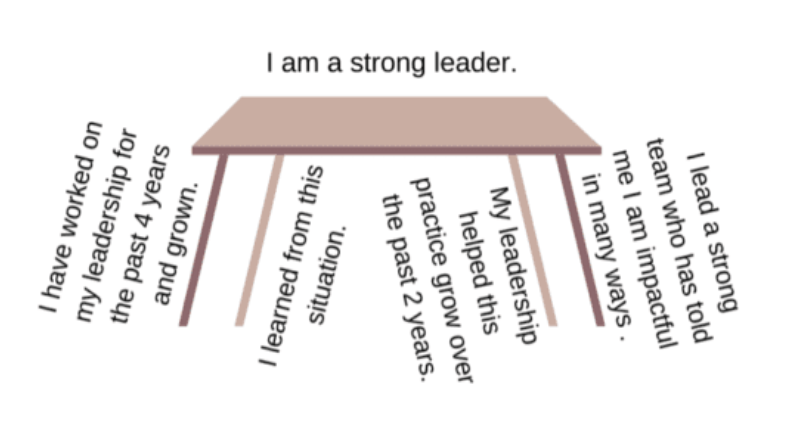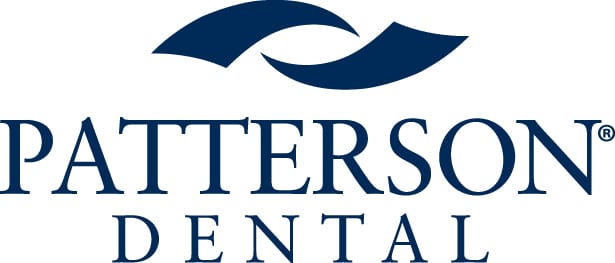By: Amisha Singh, DDS
Leadership. You have heard the word, and maybe even understand the importance for your dental practice and your career.
But this concept, which supports an industry of educators and thought leaders, remains an enigma for most practitioners. And there is one fundamental reason for this:
Leadership in theory and leadership in practice are two very different things. Bridging them, especially while adding in complexities like dental practice ownership, team dynamics, and clinical challenges, is difficult but not insurmountable.
So, with help from this new column we are launching and other amazing resources like IgniteDDSUniversity.com, you can bridge that gap and start seeing how leadership impacts your practice and your life.
What is Imposter Syndrome?
The first thing we must discuss, especially for leaders who are newer practitioners, is the concept of “Imposter Syndrome.”
Imposter Syndrome, as defined by Harvard Business Review, is the concept of “doubting your abilities and feeling like a fraud.”
I had no idea what this was when I was in dental school (it’s a much more popular concept with a fantastic body of research behind it now). When I learned the term, I finally could name something which had plagued me for, well, it seems like it was the entirety of my academic career.
There is power in naming things. In naming Imposter Syndrome, I began to intentionally dismantle it and its effects on my life.
Does it boggle your mind that there is hard science backing this concept? It sure boggled mine. It turns out that imposter syndrome disproportionately impacts high-achieving individuals1.
Welcome to one of the most ironic realizations of my life: Imposter syndrome, the feeling of thinking you do not belong, you somehow snuck past the guards and stole the achievement of your dreams instead of earning their fulfillment, impacts people who are doing exceptionally (yes, especially including doctors) more than the average person.
The Importance of Understanding Imposter Syndrome
So this brings us to two important reasons why we must talk about imposter syndrome before we discuss leadership:
- Everyone is feeling it! We often look around and think we are alone in our doubts and fears and worries. But science debunked this and showed us, that most of us are feeling it, but few are discussing it.
- In order to access our true leadership potential, we must name imposter syndrome, dismantle it in our minds, and to do this, we must talk about it. We must bring the monsters into the light.
Understanding if You Are Experiencing Imposter Syndrome
First, let’s understand what it is and how to identify it. It manifests as:
- Feelings of inadequacy or fraudulence despite a track record of success
- Being unable to recognize the wins in your life or stopping to give them adequate mental space
- Being unable to internalize your success (or giving yourself due credit for your wins)
- An inability to be resilient or make internal judgment through failure or growth
- Downplaying or discounting success
- Having thoughts of not belonging or intellectual self-doubt
Sounds familiar? You may be battling Imposter Syndrome. These thoughts are usually intricately woven into the fabric of our internal dialogue so they take time and intention to recognize and bring into the light.
When you hear or identify internal dialogue which supports any of the following, the first step is to make a habit of pausing and reflecting. Are these thoughts a byproduct of my imposter syndrome?
How To Deal with Imposter Syndrome
Once you have identified it, how do you deal with or prevent imposter syndrome from impacting the outcomes or your leadership potential?
Table with Four Legs Exercise
There are many different ways, but one of my favorites is the “Table and Four Legs” exercise.
Anytime I have a thought which underlines my inadequacy or brings forth doubt, I reflexively reach for a piece of paper and rely on this exercise.
I draw a table with four legs stabilizing it. On this table, I write the negative thought.
For example: “I am a bad leader.”
I try to find four tangible pieces of evidence which irrefutably support the conclusion I have drawn.
Often, I can find only one (the one failure, mistake, learning opportunity, etc. which has led me to this ill-fated conclusion).

Then I inverse the statement and draw a new table to support the exact opposite and find four pieces of evidence from my life that can support the opposite.
Often, here I find my table has the support of even five or six legs. Keep adding legs until the reasons are exhausted. Just like a table cannot stand on one (often short and insubstantial leg), I teach myself through this exercise that the gremlins of my imposter syndrome cannot support their claims with single moments of failure.
This exercise helps me remember how important failure is to growth and eventual success.

Approach Imposter Syndrome with Intentionality and Awareness
And lastly, it is important to note that Imposter Syndrome is a chronic ailment and there is no ultimate cure.
By approaching imposter syndrome and your thoughts with intentionality and awareness, we pave the road to minimizing imposter syndrome, but there is no permanent eradication and no final solution.
As we notice the thoughts which are manifesting as imposter syndrome for us and approach them meaningfully, we can create a life where the thoughts do not come so often.
Through consistent work, we can become consistently stronger leaders.
Next Article: Sound Advice Every Dental Practice Should Hear … from a Baseball Usher


